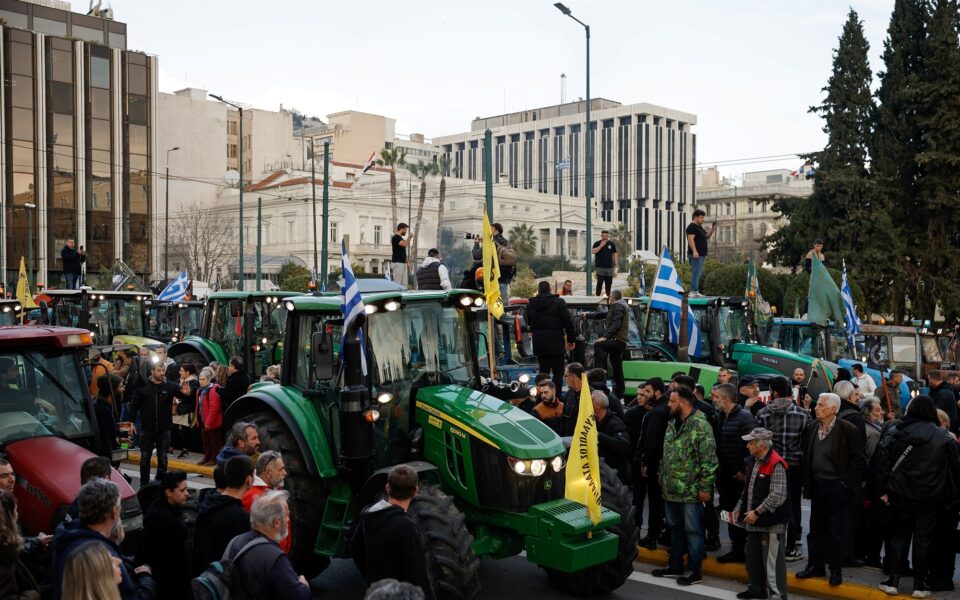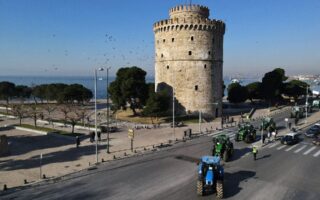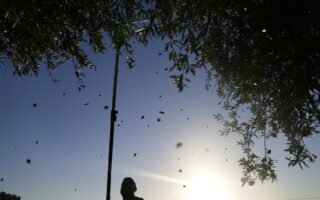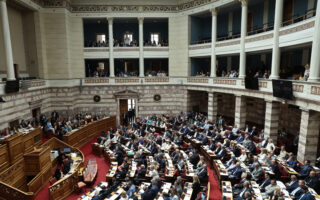What the farmer learned

What is the problem with our agricultural economy? If it was only or mainly about money, the huge amount of funding that has flowed into Greece as income support and subsidies for investments from European funds after the country joined the European Economic Community (EEC), would have solved all its problems. On the contrary, it appears that agricultural production is shrinking and our dependence on food imports is growing. In the last 10 years, agricultural land has shrunk by 26%, without the corresponding creation of larger, healthier units.
For decades, we relied on the easy money we collected from Brussels and refused to design a modern model of agricultural production, or to decide what kind of agricultural economy we want, what we want to produce. It didn’t matter how we would use the funds of the Common Agricultural Policy (CAP). The only thing that concerned us was how much and how quickly we could absorb them – which is the same thing that is happening now with the National Strategic Reference Framework (NSRF) and the EU Recovery and Resilience Fund.
In the latest evidence of that, under the CAP 2023-27, Greece had to submit a strategic plan for its agricultural economy. In 2022, it submitted an indifferent, poorly written wish list – and the European Commission returned it to us with 475 observations.
Until a few years ago, Greece claimed to grow as many olive trees as if we had also planted in the sea – the Ikarian, Cretan and Carpathian seas combined. Now, the European authorities have also targeted us for our sheep and goats: We have the obligation to create livestock grazing maps to mark the pastures, so that those areas are cross-referenced with the number of declared sheep and goats to prevent subsidy fraud. We have collected millions of euros to carry out the relevant studies, but so far not much has been done and Brussels blames the incomprehensible delay on the responsible minister, who is also an MP from Crete.
In the last 10 years, agricultural land has shrunk by 26%, without the corresponding creation of larger, healthier units
But beyond such “hiccups,” the problem, in substance, is one of productivity. About 50% of arable Greek land is cultivated with wheat, rye, barley and corn – that is, with products that yield 1,000-2,000 euros/hectare, while a very large part of it could have had greenhouses with crops that yield 200,000-300,000 euros/hectare. This is how we came to import vegetables worth about 2 billion euros every year – mainly from the Netherlands and Belgium.
On Tuesday, Greek farmers demonstrated in central Athens, before deciding on their next steps. It is certain that when they return to their fields they will do so not because they are satisfied with the support measures announced or because they were convinced that the government has “scraped the bottom of the barrel” – as Prime Minister Kyriakos Mitsotakis put it – to secure support for them, but only because they have to sow their next crop.
Along with all this, they will also learn the government’s lesson: that they only cease to be invisible when they roll out their tractors on the streets. Only then does the government discover financial margins that, until then, supposedly did not exist.
There will remain, however, the great void. The absence of concern or a plan for the development of the agricultural economy. This absence will gestate the next round of problems and, with it, more anger.





